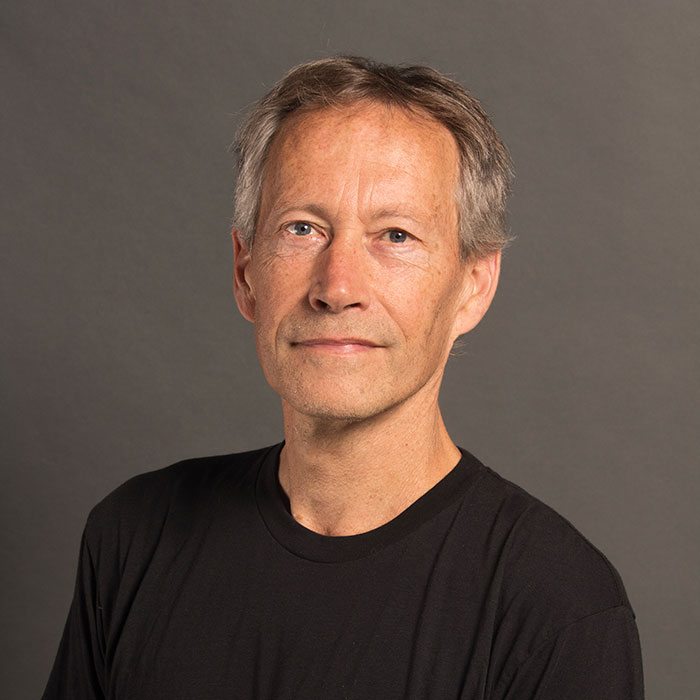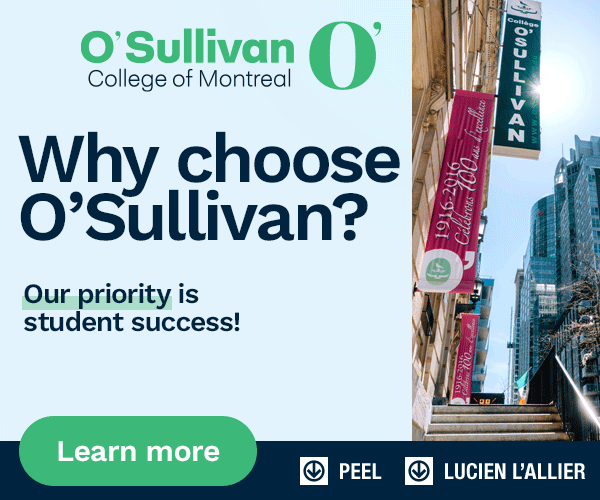From news clips to viral social media posts, the way media is edited increasingly shapes how we understand the world - often in ways we don't even notice.
Scenes are cropped, quotes are spliced and images are framed to provoke emotional reactions and influence perception. These subtle manipulations have become so pervasive that discerning fact from spin is a growing challenge, particularly in a media landscape dominated by social platforms and endless content streams.

Manfred Becker
At York University, Associate Professor Manfred Becker of the School of the Arts, Media, Performance & Design is a documentary filmmaker recognized for his award-winning work in the field. He is working to empower students to navigate the complexities of the media landscape through a critical media literacy curriculum, and is teaching high school students to recognize how editing creates meaning, and how the truth isn't always what it seems.
"Students write, shoot, edit and upload short cellphilms,' turning their smartphones into studios," Becker explains. "They also engage in hands-on exercises like shaping a narrative from six printed still images, or performing frankenbites' - a technique that demonstrates how editing can manipulate meaning."
These activities encourage students to step away from passive screen consumption and engage directly with the mechanics of media creation.
Becker's school-based workshops are rooted in a fundamental belief: the solution to manipulated narratives lies not in systemic fixes, but in empowering individuals. "The information environment is built on free-market ideologies where truth is commodified," he says.
"Controlling media noise' is less about technology than human belief systems."
As students become more aware of manipulation tactics, they often grapple with deeper questions about truth itself. "The real danger isn't just believing inaccurate information," Becker warns. "It's doubting whether accurate information can even exist."
The workshops have had a profound effect on students. They reflect on how media can be misleading. One student notes that although something may seem completely real on TV, it's often not; another notes that, the media is becoming less and less real and reliable.
Becker acknowledges this challenge: "Increased awareness doesn't always lead to healthy skepticism - it can sometimes foster cynicism or even fatalism."
Building on these insights, Becker plans to take his curriculum beyond Canada's borders during his upcoming sabbatical. He will collaborate with educators and media practitioners across Europe, Brazil and other regions to adapt his workshops for diverse cultural contexts. This global approach draws inspiration from interdisciplinary efforts at York University, such as Professor Janine Marchessault's Archive/Counter-Archive project, which established networks for preserving marginalized histories.
To tailor his curriculum effectively for different audiences, Becker will work with local partners who bring cultural expertise to the initiative.
In Brazil, his workshops will be translated into Portuguese by a York PhD student. In Finland and Germany, he plans to incorporate culturally relevant references for European audiences. At California State University, East Bay, he will focus on the role of artificial intelligence in shaping fact-based media.
The knowledge gathered through these collaborations will flow back into York classrooms, enriching critical media literacy education in Canada while positioning the University as a leader in addressing one of today's most pressing issues.
"The challenge posed by social media multinationals is global," Becker says, "and York can take the lead in responding to it."
This story was originally featured in YFile, York University's community newsletter.













